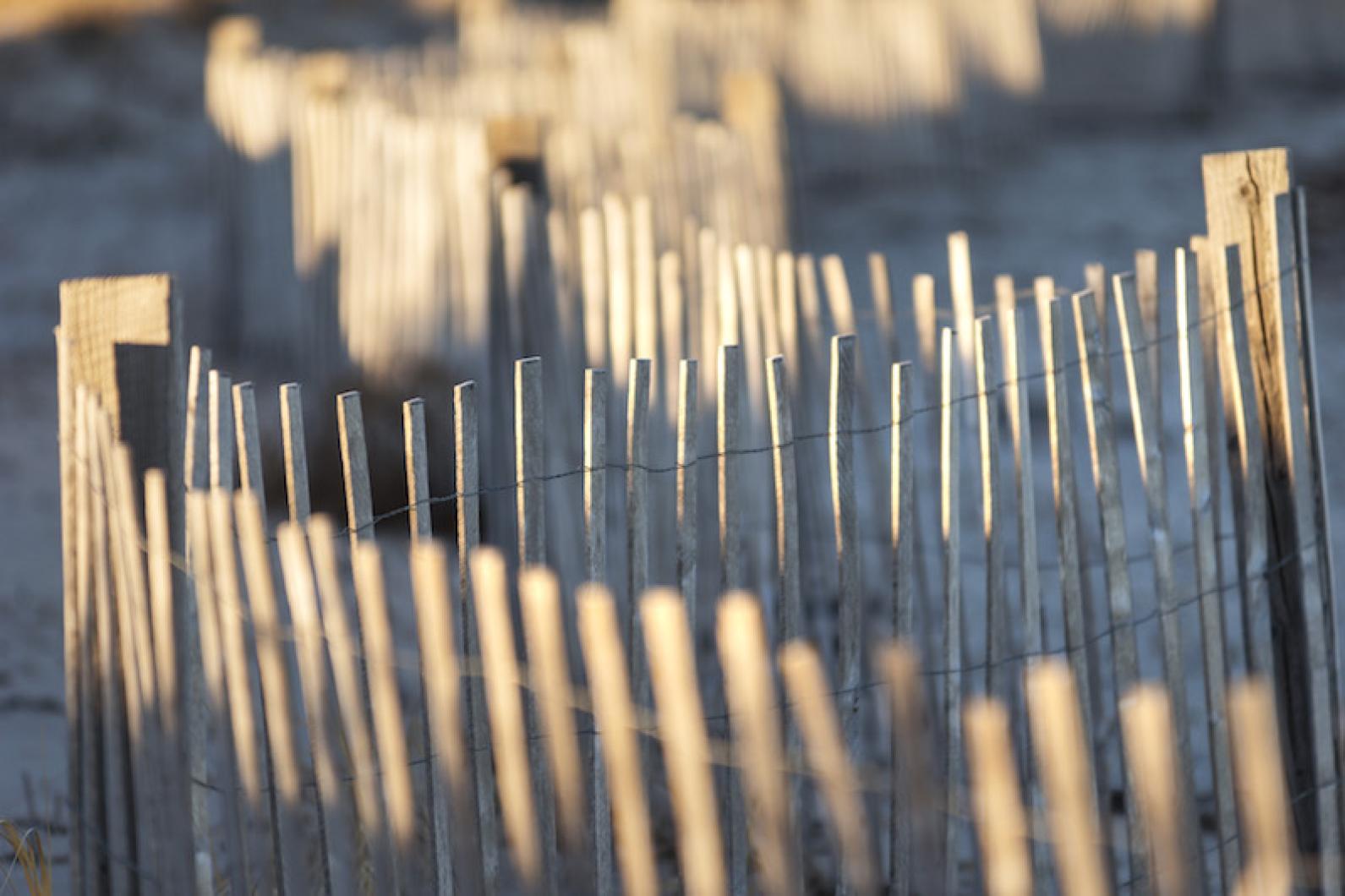I gave up on New Year’s resolutions a long time ago. If I wanted to stop smoking, lose weight, join a health club or give up red meat I could just as easily have done it last year or whenever I got around to it. This year more than ever I find myself reflecting a lot on the past, even though I’m anxious to rip the whole thing from the calendar with a flourish and simply make it go away. I could offer a list of personal setbacks and calamities but that would be missing the point because it’s not me I’m so worried about but all of us. Even though history doesn’t abide by calendar demarcations, 2016 really did seem like a real doozy.
The nation and the world seemed to be caught up in continual strife, conflict and despair that never let up. Things ground on relentlessly. In every direction there seemed to be little feeling that this would soon be over and that better days, safer days, more peaceful days were lurking just around the corner, somewhere over the next hill or right there on the next page of the calendar. If anything, the “this” I speak of appeared to be only getting worse. Death tolls washed over us weekly: Syria, Afghanistan, San Diego, Paris, Istanbul, Chicago.
Politicians spewed their nonsense without pause, trading insults while city-sized chunks of eons-old ice were dropping off into an indifferent ocean. Fukashima. Fracking. Fundamentalists. Fake News. Fentanyl. Drought, Zika or maybe just an entire generation addicted to taking pictures of themselves. The disturbing list seemed to grow ever longer.
For the first time in my life I didn’t merely look forward to the end of the year and the welcome prospects lying on the next page. As that demarcation loomed I began to feel something rising within me that I originally thought might simply be trepidation if not outright fear. Don’t get me wrong; this isn’t about optimism, pessimism or even fatalism, so forget the ‘isms’.
Maybe fearful isn’t the right word either. Perhaps resignation comes closer to the mark because there is growing global trend towards something that if you cared to look at it within a larger context we have seen before. Pick any of the great upheavals in history, back up an appropriate number of years to take in the full sweep of the landscape and you see the same things: growing unrest, fear, stress, rising social pathology of some sort and eventually scapegoating that builds until a clear enemy suddenly comes handily into focus. Is this a necessary part of our DNA?
As a much younger student of history, I always found myself wanting to look up from a textbook and shout out, “Couldn’t they see it coming?” And then, even more stridently, “Why didn’t they stop it?” So it goes with hindsight and I guess the confident bias of youth but I’m beginning to feel that if I live long enough, some young person might be asking me those very same questions.
The worldwide rise of hyper-nationalism, intolerance, racism and yes, let’s call it by its proper name — fascism — is not something I ever expected to see in my lifetime and what’s more, in my own country. I guess I’ve been naïve because I thought that blatant public expressions of racism and intolerance, especially from elected officials and people in the public eye, ended about the same time they cured polio. Guess again.
I missed the Viet Nam War by a hair and remained thankfully unscathed by life or death conflicts for over six decades but that no longer offers me the hope and satisfaction that the world has evolved. I’ve been lucky, that’s all. Having grown up during the height of the Cold War when I was led to believe that crouching under an elementary school desk would be sufficient all-purpose protection from nuclear annihilation, I never thought that I would live to see fist-pumping mobs of my countrymen chanting USA! USA! as if events of grave importance were the Superbowl, even while imagining our leader’s finger poised on a button that could unleash Armageddon. Has our understanding of history and of our role as a free, democratic nation sunk to the level of sporting events or to macho expressions of global ass-kicking? Is this what we’ve become? Ask any of those fist-pumpers to define jingoism and you’ll either get blank stares or suspicious looks. I say this confidently because the last time I asked a local high school senior when the second World War started, I was told 1964.
As we turn the calendar page I feel caught up in a powerful swirling maelstrom. What recourse is there when the country and the world becomes defined by just two groups: us and them? Past events I’ve only read about seem oddly close at hand now and more than fear or resignation I feel overwhelmed with a sense of helplessness. It’s the feeling that nothing anyone can say or do will stem the huge, inevitable tide of events rising to swallow us all. The stage seems set and the ingredients of upheaval are coming into alignment. Must we become either belligerent members of a mob or outraged but isolated bystanders to the unfolding events of 2017 and beyond? As we turn to a fresh untrammeled page together, shouldn’t we resolve to remember that we are the ones writing the story and the only way forward is to make sure that we remain engaged with one another.
Maybe a decent New Year’s resolution might be to try to gain a better understanding of ourselves in the context of the past year before we rip another page from the calendar and careen forward blindly, forging history as we go.
Robert Skydell lives in Chilmark.




Comments (11)
Comments
Comment policy »